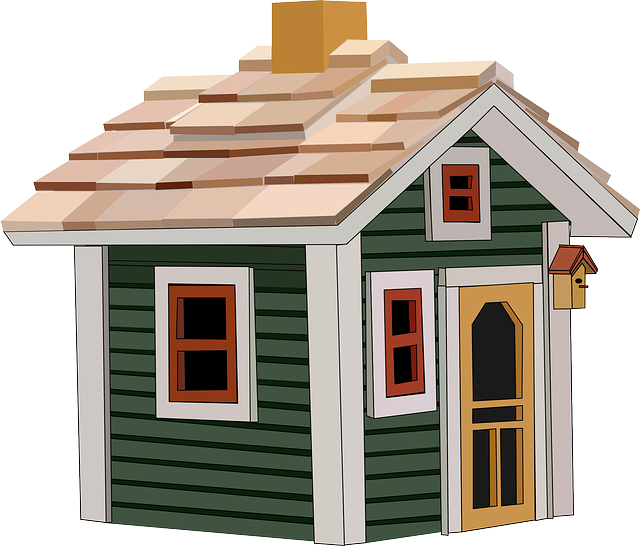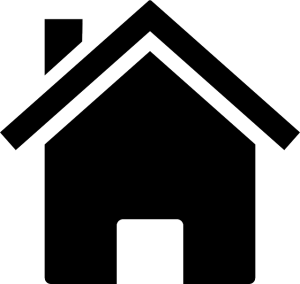Navigating the Nuances: The Essential Guide to Professional House Sitting Management
The role of house sitting within professional property management has expanded significantly, now en…….

The role of house sitting within professional property management has expanded significantly, now encompassing a wide range of responsibilities that are critical for maintaining and enhancing rental properties. In the face of an increasing preference for long-term and temporary rentals, skilled property managers who specialize in house sitting have become more sought after than ever. These professionals ensure the security and maintenance of properties, act as intermediaries between owners and tenants, handle tenant screenings, draft rental agreements, coordinate maintenance, and provide a personal touch that remote management cannot match. With the dynamic nature of today's housing market, their expertise in leveraging technology and data analytics to deliver real-time updates, address tenant concerns swiftly, and solve problems effectively underscores their indispensable role. House sitters are also responsible for adhering to a diverse set of skills including property security, maintenance, upkeep, and understanding local regulations, while ensuring legal compliance and ethical standards to protect the interests of both property owners and house sitters. Their adaptability in overseeing various property types and documenting the condition of properties make them integral to maintaining the value and appeal of rental homes, acting as a vital link between owners and their assets.
Navigating the complex landscape of real estate, professional property management has become an indispensable service, particularly within the niche field of house sitting. As the demand for skilled property managers grows, so too does the need for individuals adept at managing properties in absentia. This article explores the evolving role of these professionals and delves into the critical skills and responsibilities they must possess. Additionally, it addresses the legal and ethical intricacies inherent to this unique aspect of property management. Whether you’re a property owner seeking peace of mind or an aspiring house sitter looking to enter the field, understanding the nuances is key. House sitting, as a specialized discipline, requires a blend of diligence, expertise, and adherence to regulations, making it a cornerstone of effective property stewardship.
- The Evolving Role of Professional Property Managers in House Sitting
- Skills and Responsibilities of Effective House Sitters under Professional Property Management
- Navigating Legalities and Ethical Considerations in Professional House Sitting Management
The Evolving Role of Professional Property Managers in House Sitting

As the real estate market continues to evolve, the role of professional property managers has become increasingly sophisticated, particularly in the context of house sitting. Traditionally viewed as caretakers responsible for maintaining a property in the absence of its owner, house sitting now encompasses a multifaceted set of responsibilities that are critical for the preservation and enhancement of rental properties. With a growing number of individuals opting for long-term or temporary rentals, the demand for professional property managers who specialize in house sitting has surged. These experts not only ensure the security and upkeep of properties but also act as intermediaries between landlords and tenants, handling everything from tenant screening to rental agreements, maintenance coordination, and even providing a personal touch that remote management cannot replicate.
In today’s dynamic housing market, professional property managers adept in house sitting play a pivotal role in addressing the nuanced needs of both homeowners and renters. They are tasked with the strategic oversight of properties to maximize their value and appeal, all while providing a consistent living experience for tenants. The integration of advanced technologies and data-driven strategies into house sitting has further elevated the profession, allowing these managers to offer real-time updates on property conditions, timely responses to tenant inquiries, and proactive problem-solving. This shift towards more sophisticated and attentive property management underscores the importance of professional expertise in the field, making it an essential service for those seeking reliable and effective house sitting solutions.
Skills and Responsibilities of Effective House Sitters under Professional Property Management

House sitting, a pivotal component within professional property management, demands a unique blend of skills and responsibilities to ensure properties are maintained to the highest standard when owners are absent. Effective house sitters must be vigilant custodians, adept at safeguarding the property from potential security breaches while preserving its integrity. They are tasked with regular inspections, timely maintenance requests, and immediate response to any issues that may arise. This proactive approach to property upkeep includes managing mail, maintaining landscapes, and ensuring that all systems within the home, such as heating and cooling, function optimally. Additionally, house sitters must possess a keen understanding of local by-laws and ordinances to ensure compliance during their tenure. Their role extends beyond physical care; effective communication with property owners for updates or concerns is crucial. House sitters act as a reassuring presence for homeowners, providing peace of mind that their investment is in capable hands, thereby upholding the reputation of professional property management firms.
The responsibilities of house sitters are not confined to mere occupancy; they encompass a comprehensive suite of duties that contribute to the seamless operation of professional property management services. These include utility management to prevent waste and ensure cost-efficiency, as well as the ability to handle minor repairs or emergencies without compromising the condition of the property. House sitters must also be versed in basic home security measures, employing strategies such as alarm systems and secure storage for valuables. Their role often requires flexibility and adaptability, as they may be called upon to cater to different types of properties, from single-family homes to multi-unit complexes. The ability to conduct thorough documentation of the property’s condition upon entering and exiting is a non-negotiable skill set for any house sitter in this field, ensuring accountability and transparency. With these capabilities, house sitters under professional property management serve as the critical link between property owners and their assets, ensuring that each home is treated with care and respect, maintaining its value and appeal over time.
Navigating Legalities and Ethical Considerations in Professional House Sitting Management

Navigating the complexities of professional house sitting management requires a robust understanding of legal frameworks and ethical standards to ensure both property owners and sitters are protected. Property managers in this domain must stay abreast of local, state, and federal laws that govern tenancy, privacy, and security. This includes compliance with fair housing regulations, eviction procedures, and tenant rights. Legal expertise is crucial in drafting watertight house-sitting agreements that clearly outline the responsibilities and liabilities on both sides. These contracts should address aspects such as property maintenance standards, access protocols, and emergency procedures to avoid any ambiguity or disputes.
In addition to legal navigation, ethical considerations are paramount in professional house sitting management. Ethical practices ensure transparency, trustworthiness, and fairness throughout the house-sitting arrangement. Property managers must prioritize the privacy and security of the property while it is unoccupied. They should also provide a comprehensive vetting process for potential sitters to guarantee the safety and integrity of the property. Moreover, ethical practices extend to the environment, with house sitters encouraged to maintain sustainable living practices during their tenure. By balancing legal compliance with ethical considerations, professional property managers can foster a reputable service that benefits both homeowners and sitters alike.
In conclusion, the role of professional property managers in house sitting has evolved significantly, necessitating a blend of diverse skills and responsibilities that are critical for success. As outlined in this article, these individuals navigate complex legalities and ethical considerations to ensure secure and efficient management of properties. For homeowners seeking peace of mind and tenants desiring reliable occupancy solutions, professional property managers stand out as indispensable partners. Their expertise transforms the experience of house sitting into a seamless process, benefiting both parties involved. As the demand for such services grows, it is clear that professional property management will continue to be a cornerstone of the house sitting industry.







